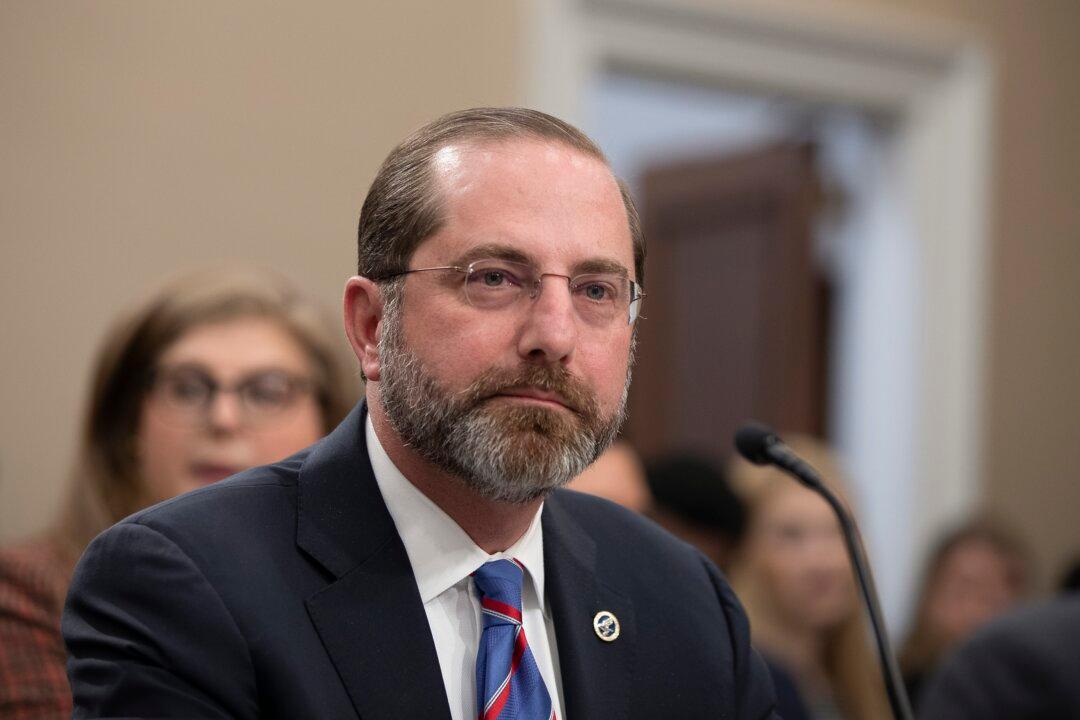Three more cases of the COVID-19 virus were confirmed by one of the top American health officials on Wednesday, bringing the total number of confirmed cases in the United States to 60.
Secretary of Health and Human Services (HHS) Alex Azar, testifying before a congressional committee in the morning, said that two more passengers evacuated from the Diamond Princess cruise ship tested positive for the virus.





